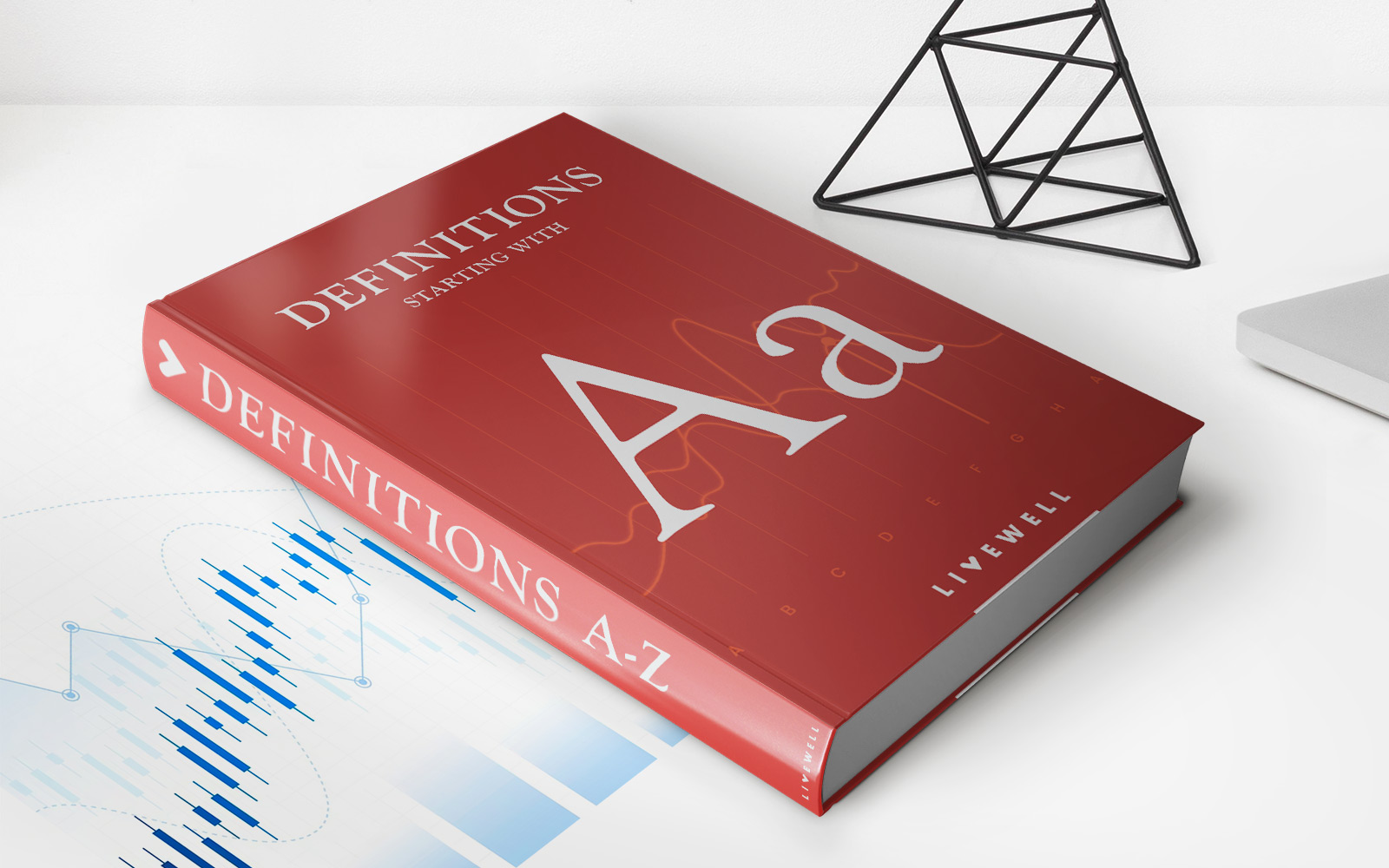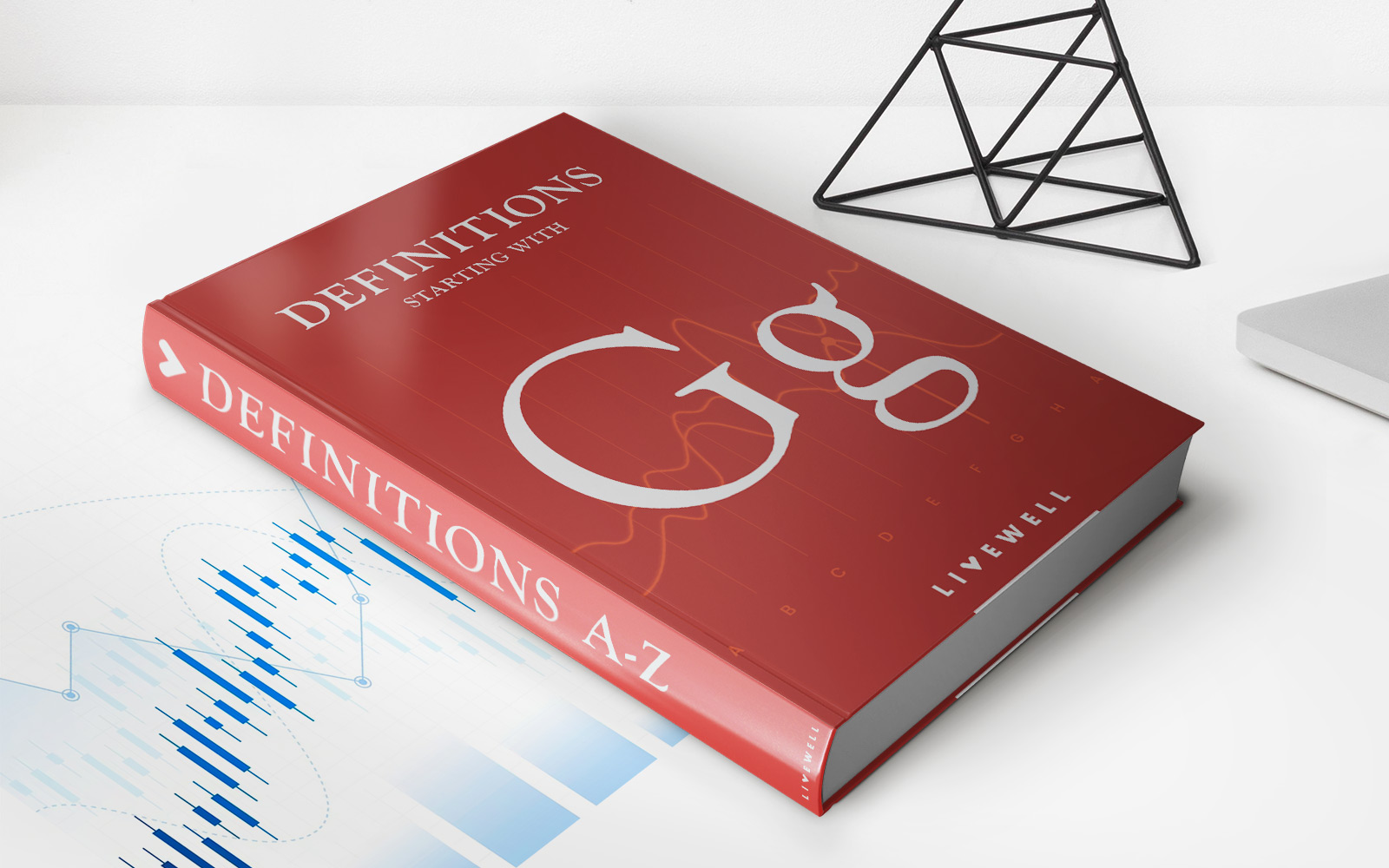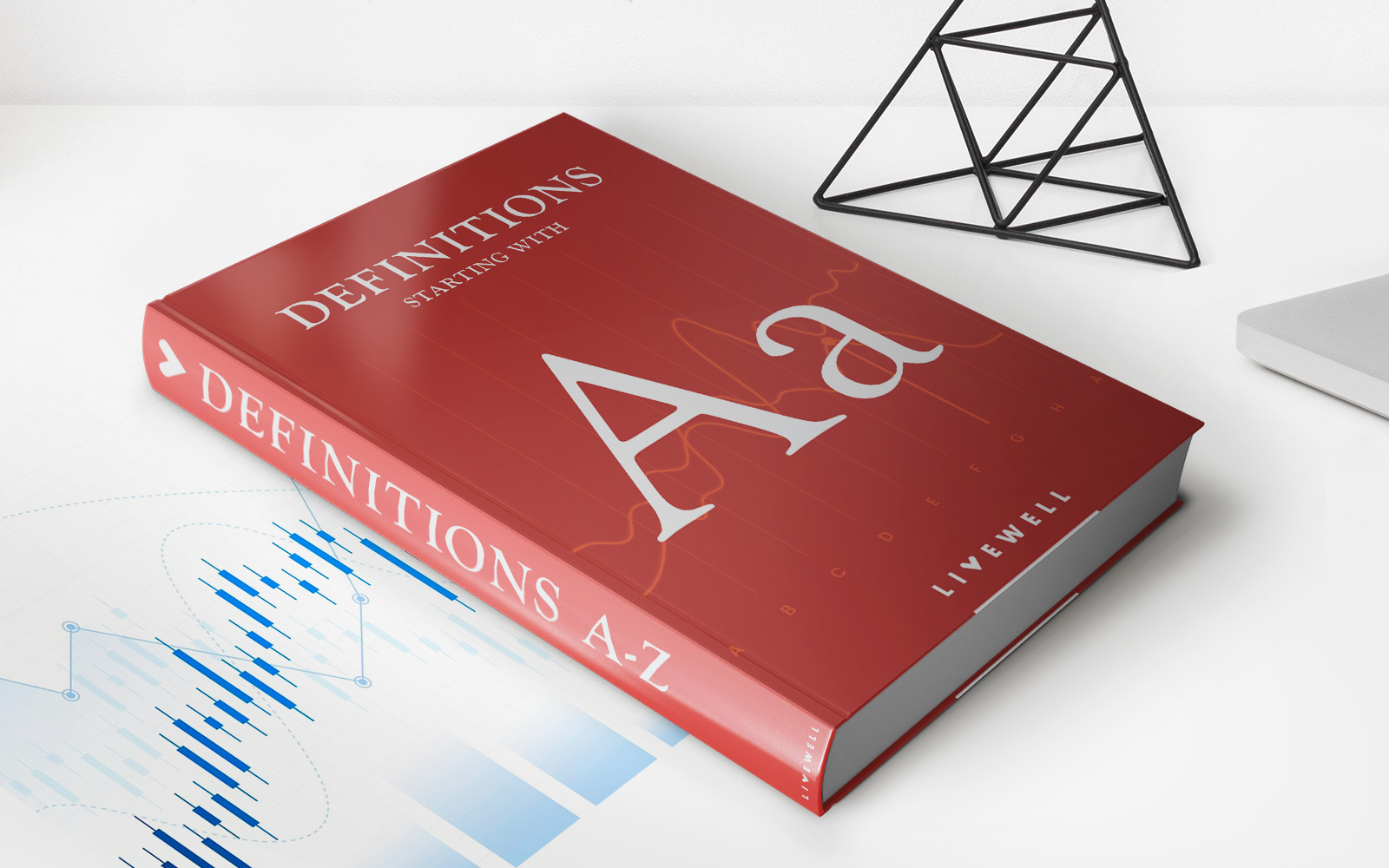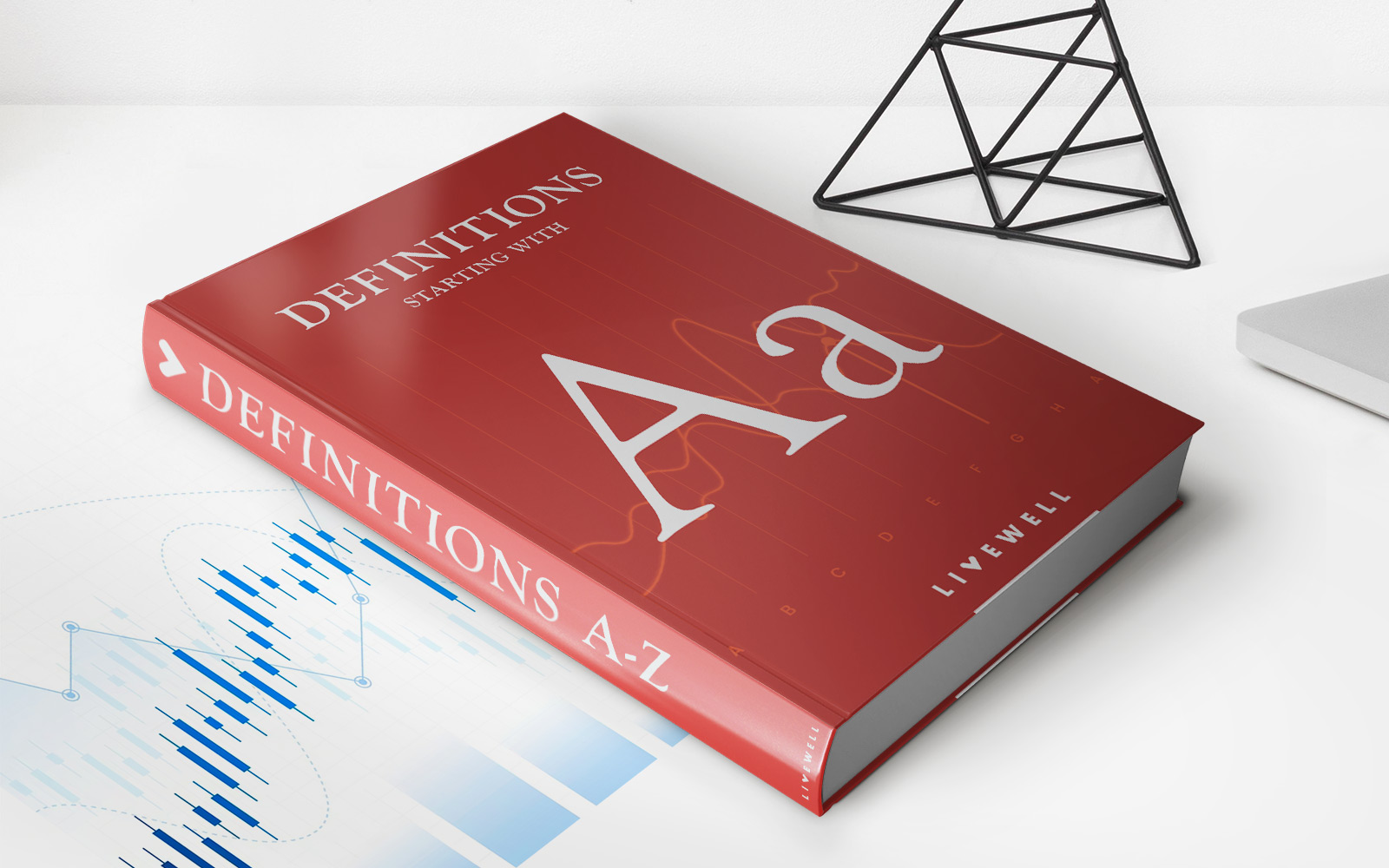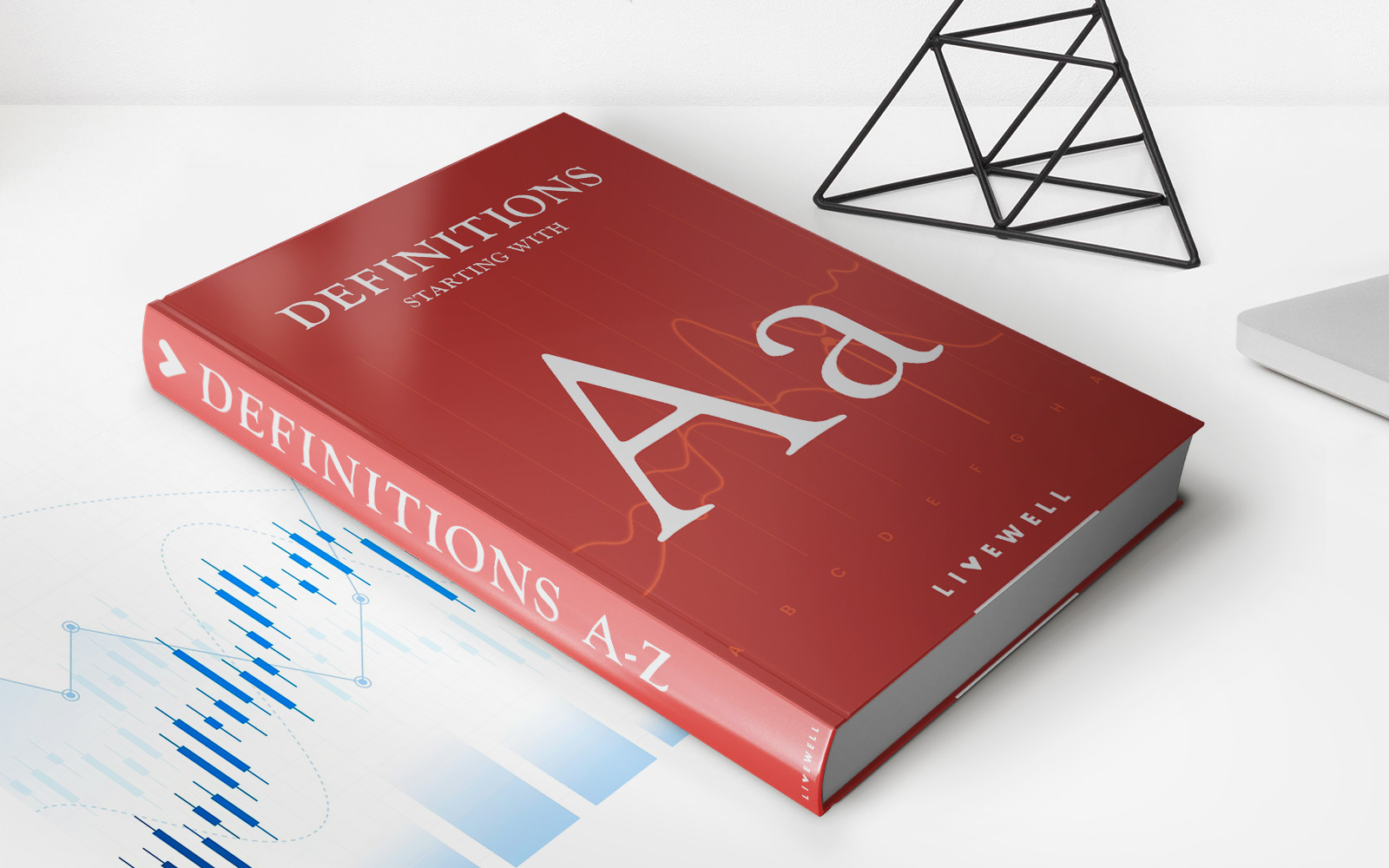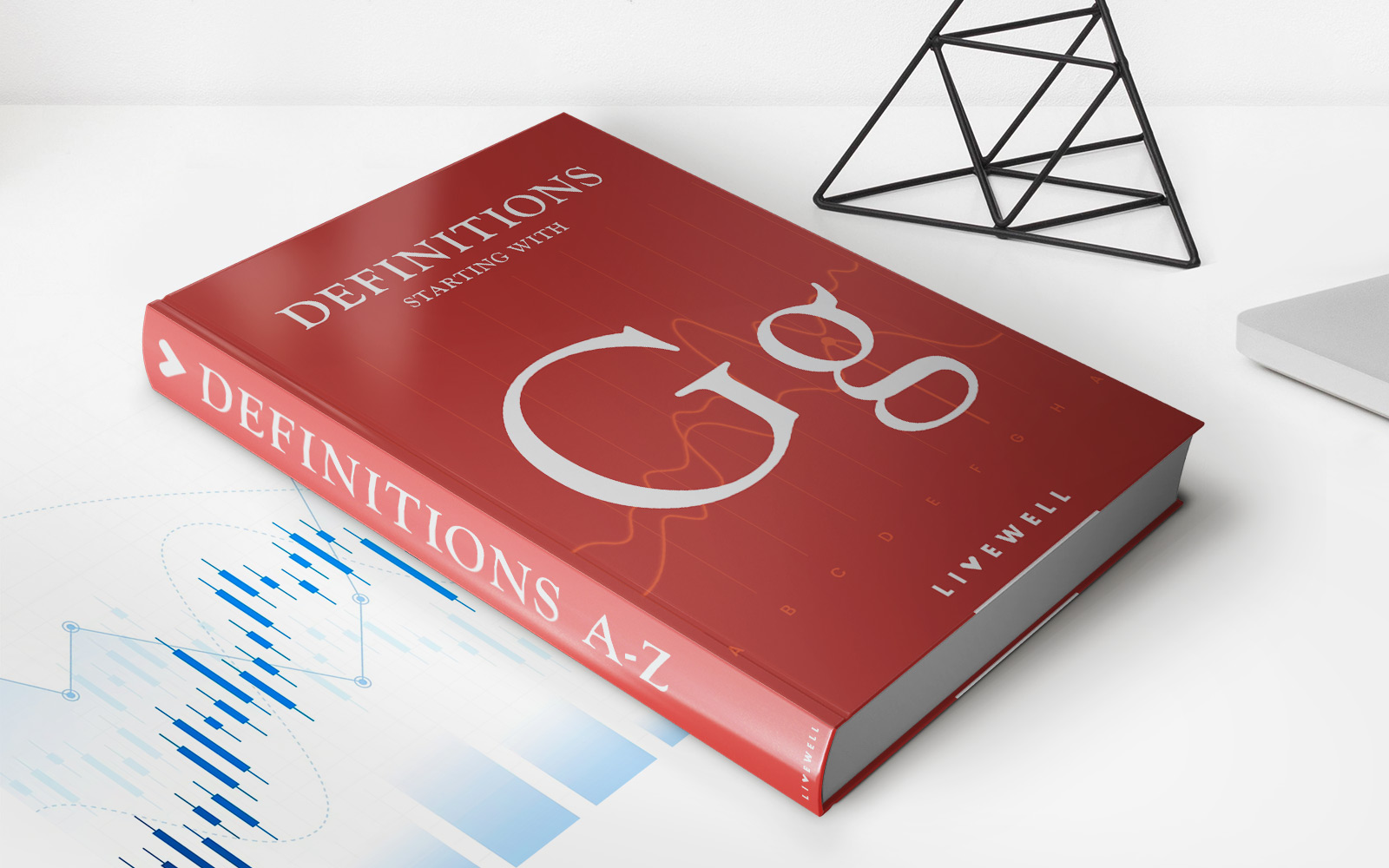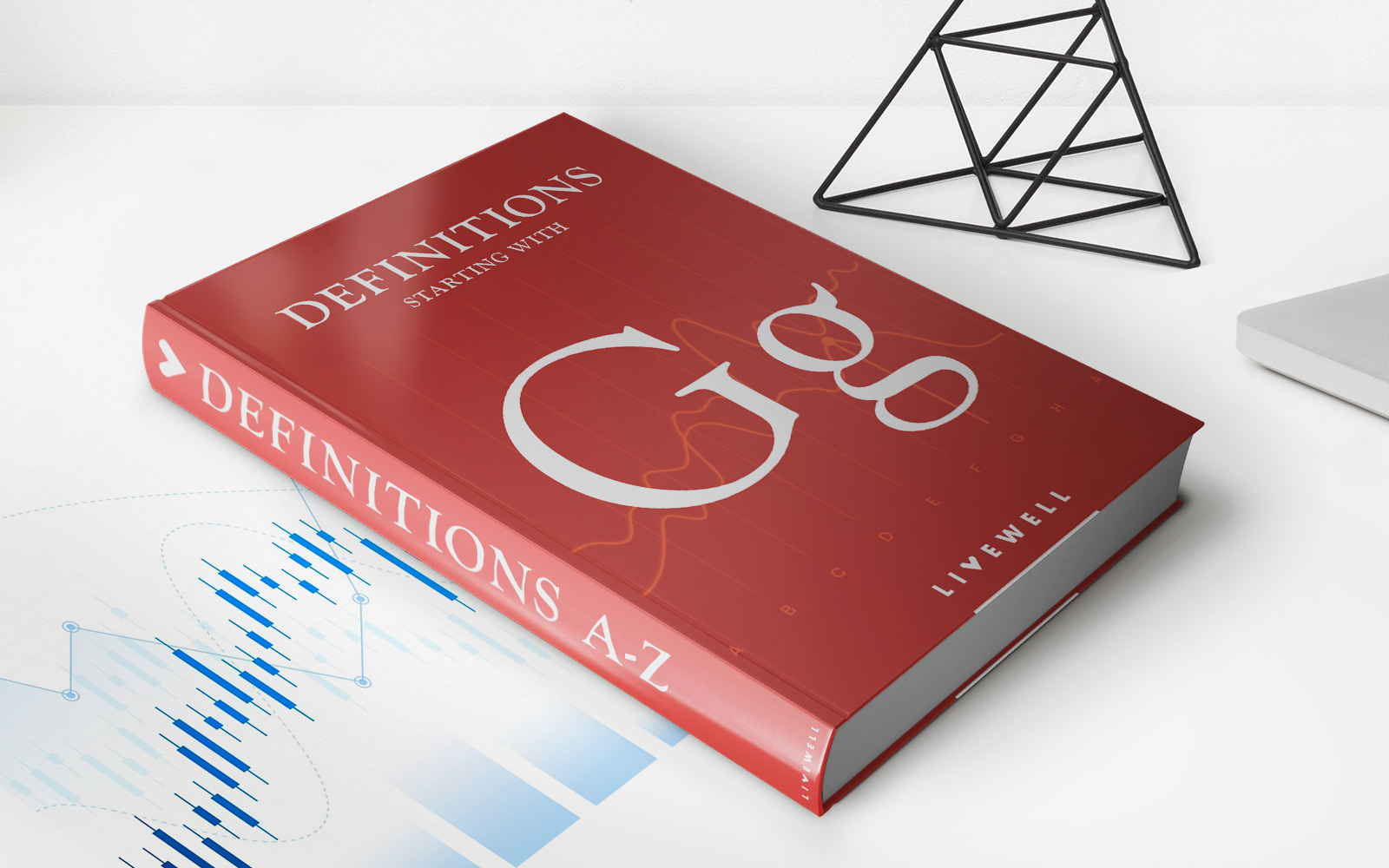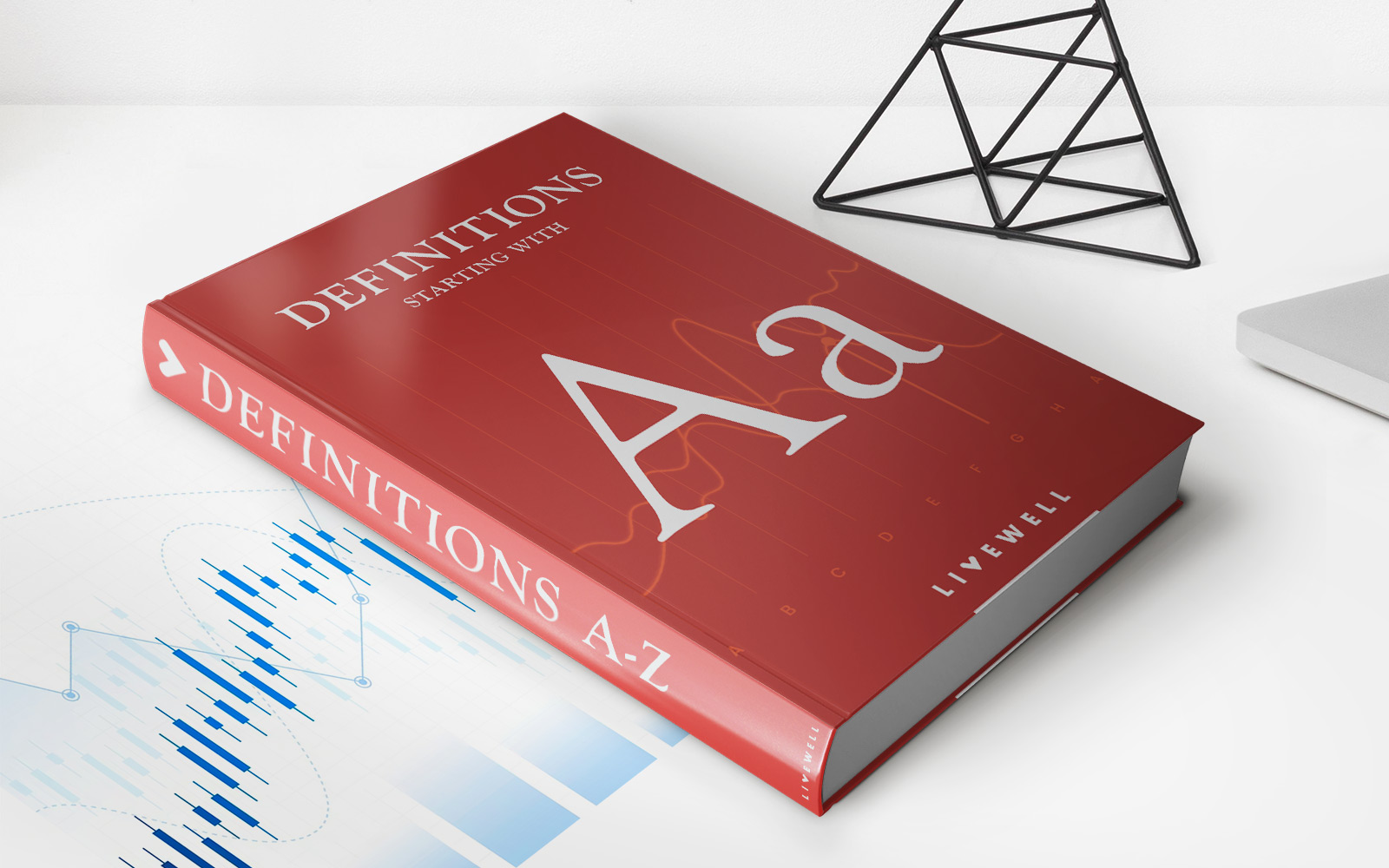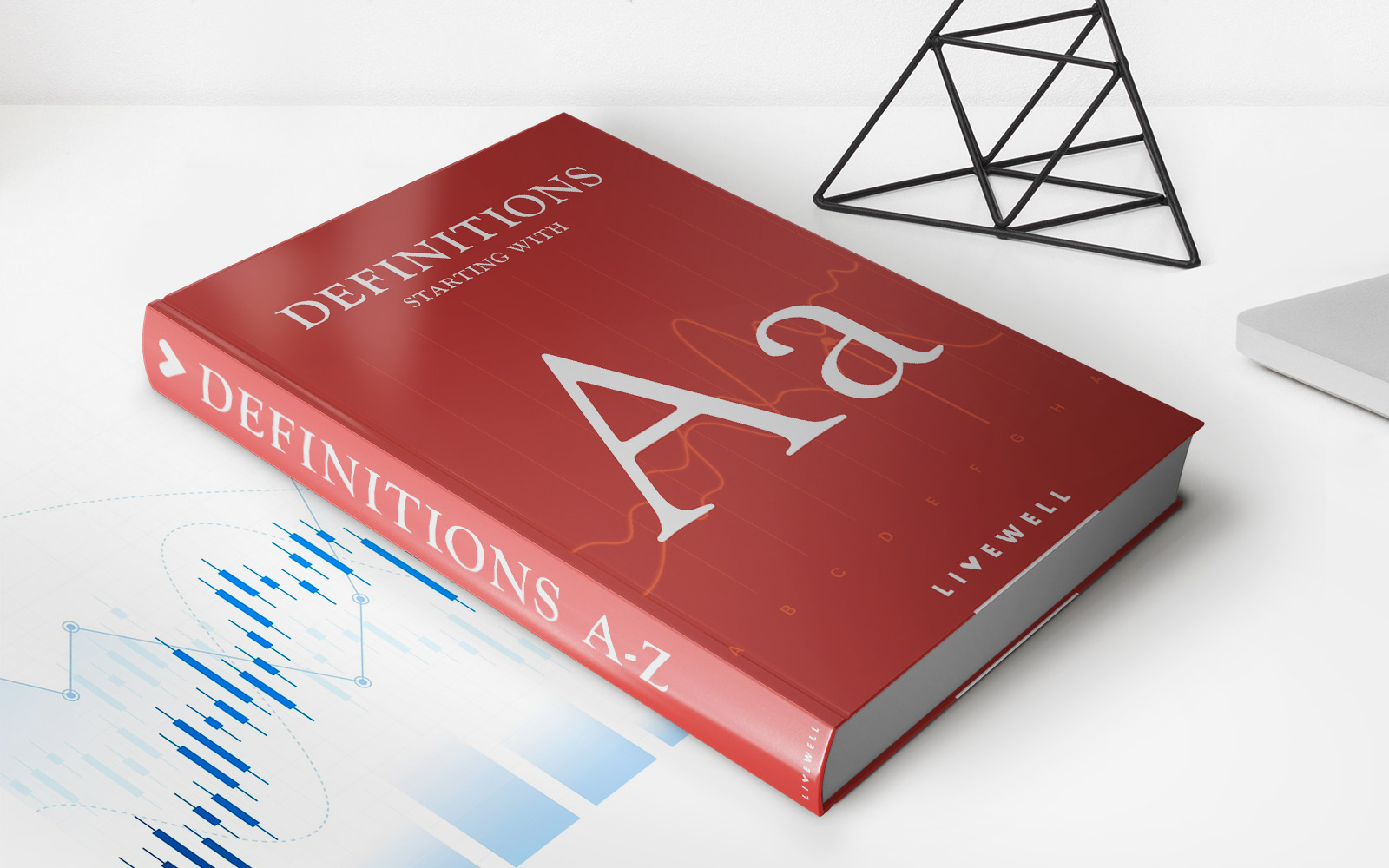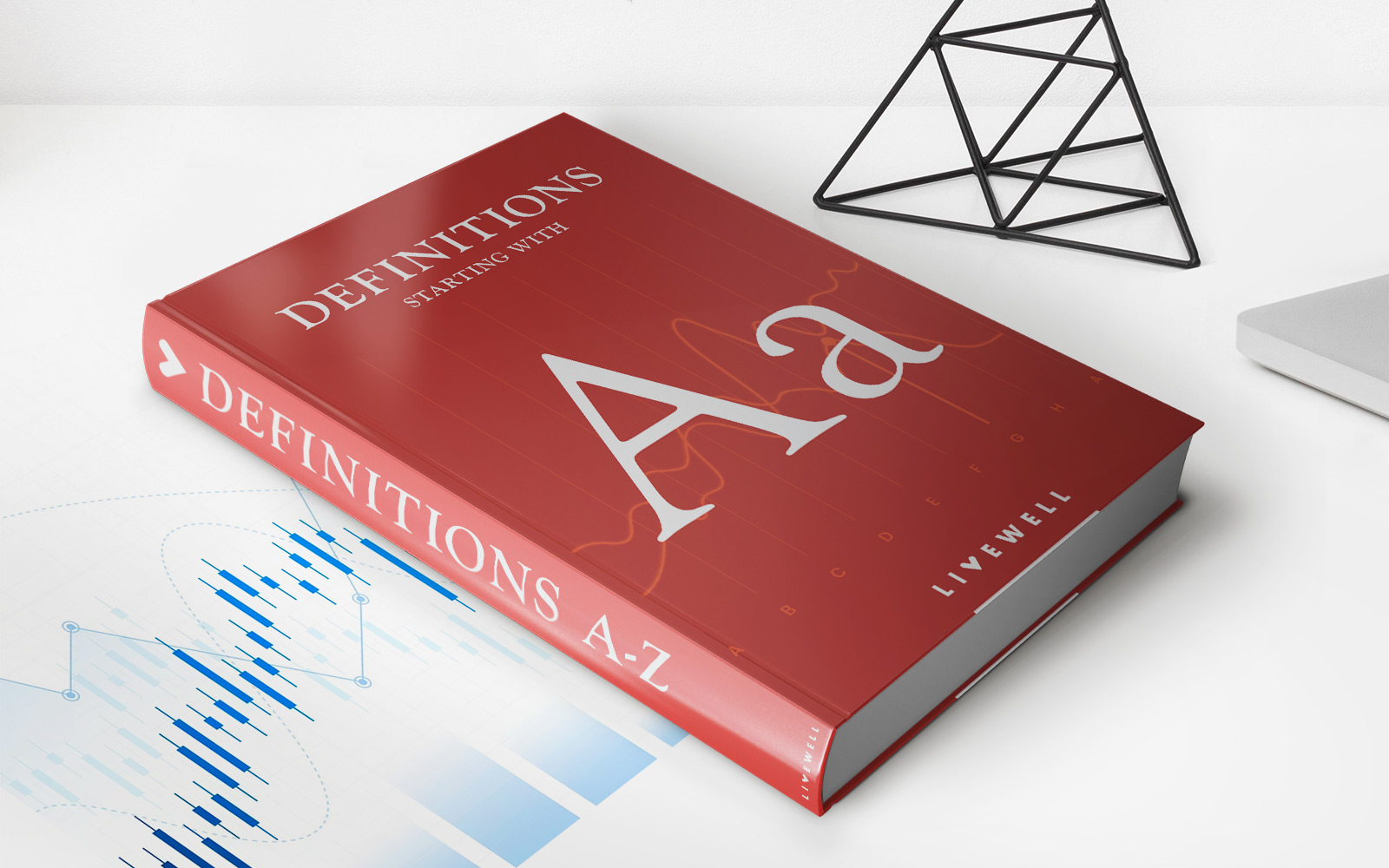

Finance
Adjusted Gross Estate Definition
Published: October 1, 2023
Learn the definition of Adjusted Gross Estate in finance and how it impacts the estate taxes. Find out more about calculating and reducing your taxable estate.
(Many of the links in this article redirect to a specific reviewed product. Your purchase of these products through affiliate links helps to generate commission for LiveWell, at no extra cost. Learn more)
Understanding the Adjusted Gross Estate Definition: A Key Component of Estate Planning
When it comes to estate planning, understanding the adjusted gross estate definition is crucial. But what exactly does this term mean and why is it important? In this blog post, we will dive deep into the concept of adjusted gross estate, exploring its definition, purpose, and its significance in the context of finance and estate planning.
Key Takeaways:
- The adjusted gross estate is the total value of a deceased individual’s assets and certain other items at the time of their passing, minus allowable deductions.
- Calculating the adjusted gross estate is an important step in determining estate tax liability and planning asset distribution.
Let’s begin our journey by understanding what the adjusted gross estate actually encompasses. In simple terms, it refers to the total value of an individual’s assets and certain other items of value at the time of their death. It includes not just tangible assets like real estate, investments, and personal belongings, but also intangible assets such as stocks, bonds, and intellectual property rights.
However, it’s important to note that the adjusted gross estate is calculated by subtracting certain allowable deductions from the total value. These deductions could include outstanding debts and mortgages, funeral expenses, estate administration costs, and charitable contributions. By subtracting these deductions, we arrive at the adjusted gross estate value.
With the adjusted gross estate defined, we can now explore its significance in estate planning. Here are a few key points to consider:
- Estate Tax Liability: Calculating the adjusted gross estate is a critical step in determining whether the estate will owe any federal or state estate taxes. Estate taxes are typically levied on estates that exceed a certain threshold value. Understanding the adjusted gross estate can help individuals and their beneficiaries plan for potential tax liabilities and employ various strategies to minimize the tax burden.
- Asset Distribution: The adjusted gross estate value also plays a vital role in determining how the deceased person’s assets will be distributed. If the individual has not designated specific beneficiaries or established a trust, the assets may have to go through the probate process. Knowing the adjusted gross estate value helps in proper asset allocation and ensuring that the deceased’s wishes are met.
By now, it should be clear that the adjusted gross estate definition holds immense importance in the world of finance and estate planning. It serves as a foundation for tax planning, asset distribution, and ensuring that an individual’s wishes are carried out after their passing.
In conclusion, gaining a solid understanding of the adjusted gross estate definition is vital for anyone involved in estate planning. Whether you are an executor, a beneficiary, or someone who wants to plan for your own estate, knowing the ins and outs of this concept will help you make informed decisions and navigate the complexities of estate taxation and asset distribution.
